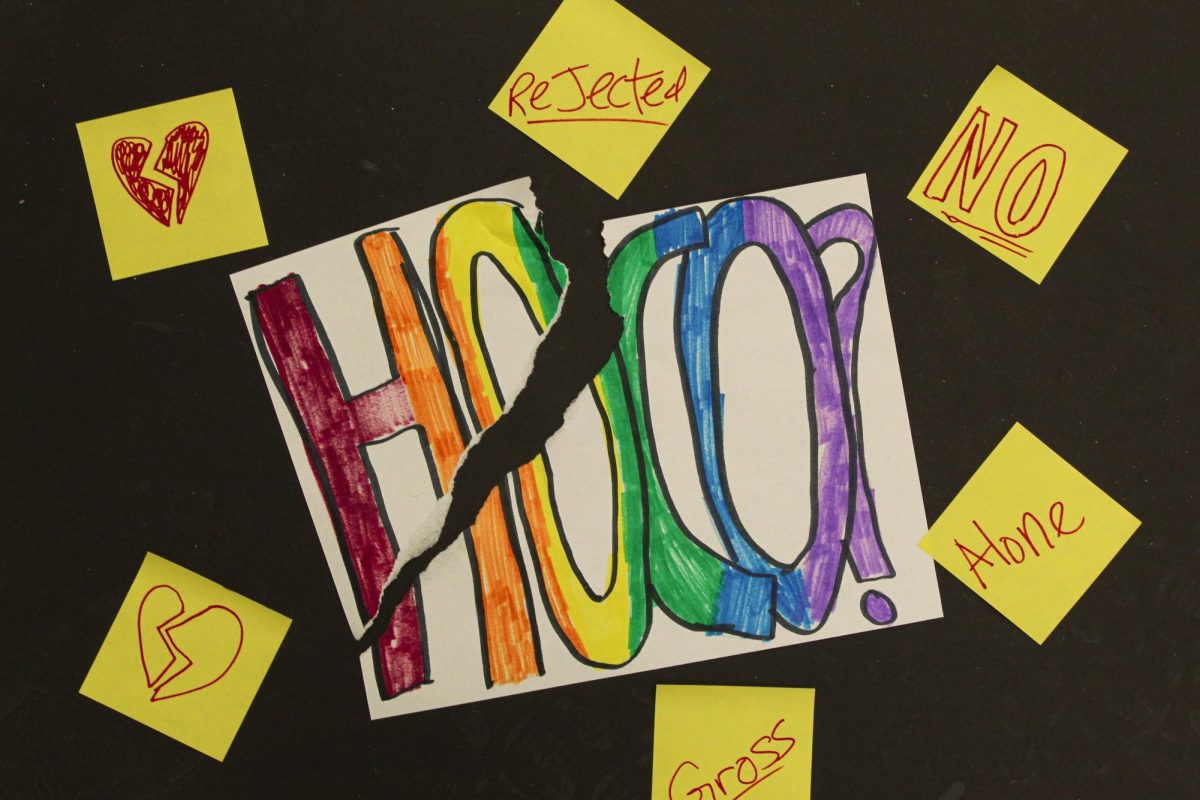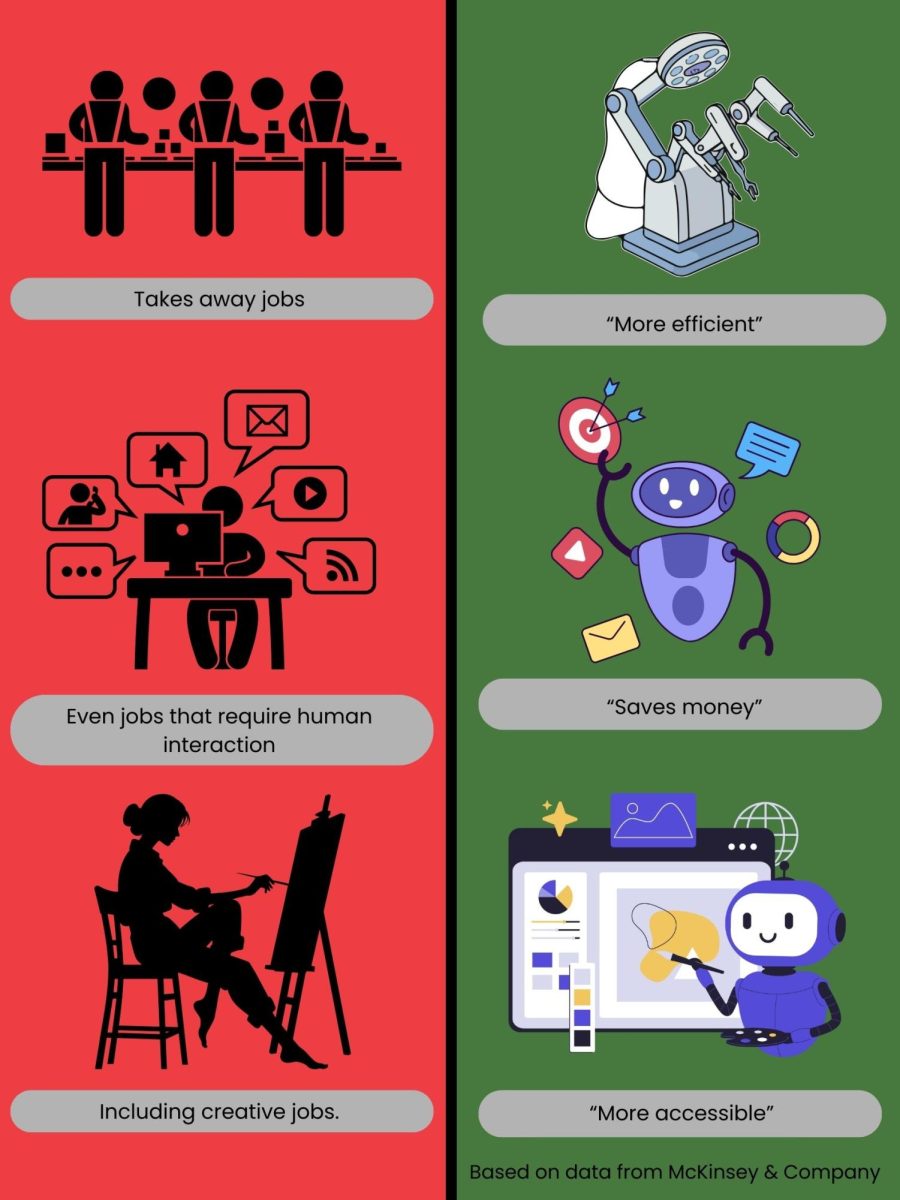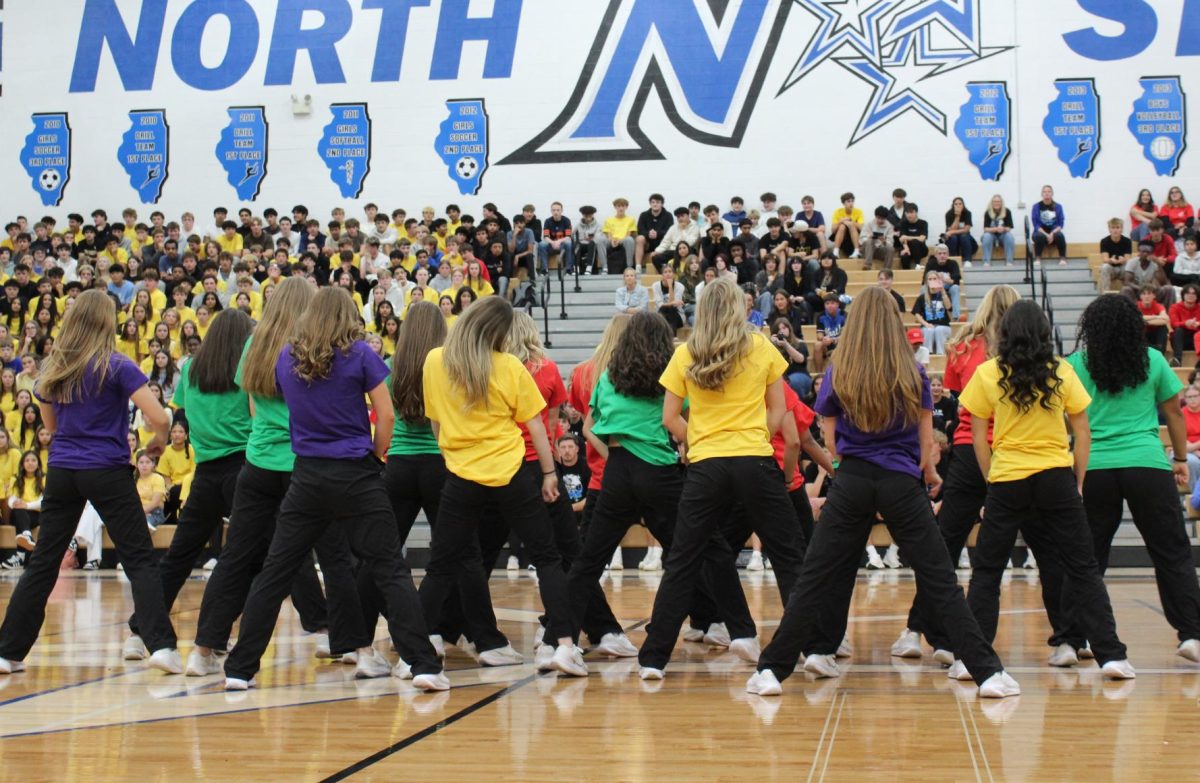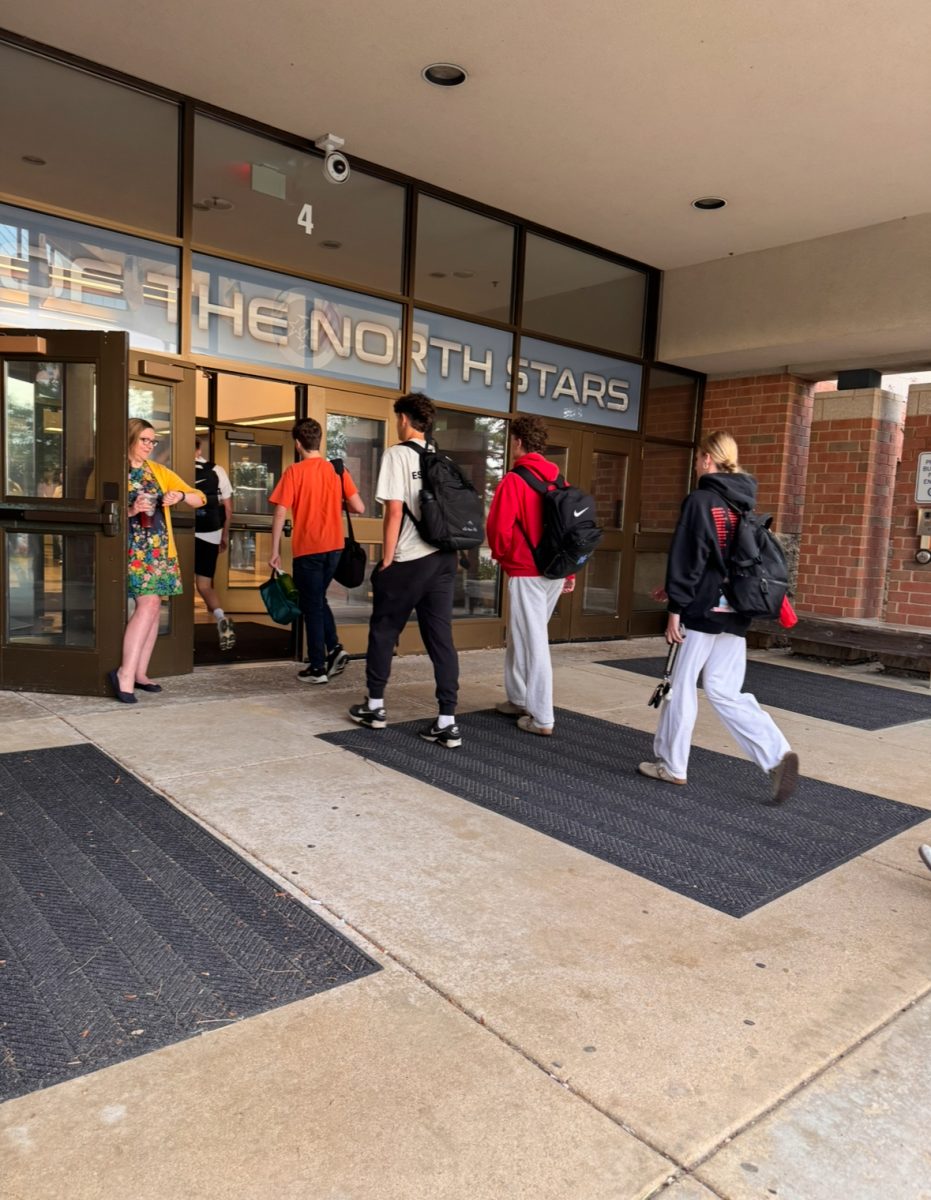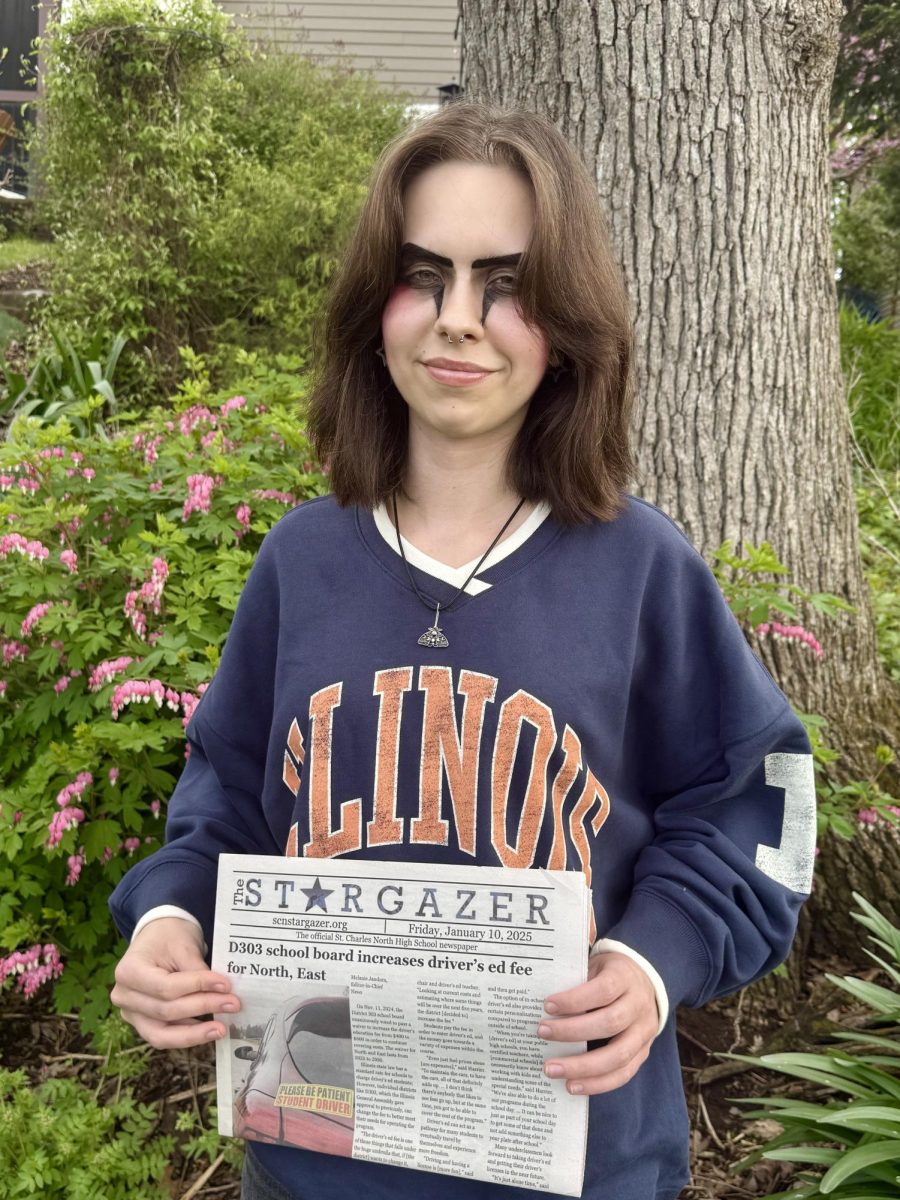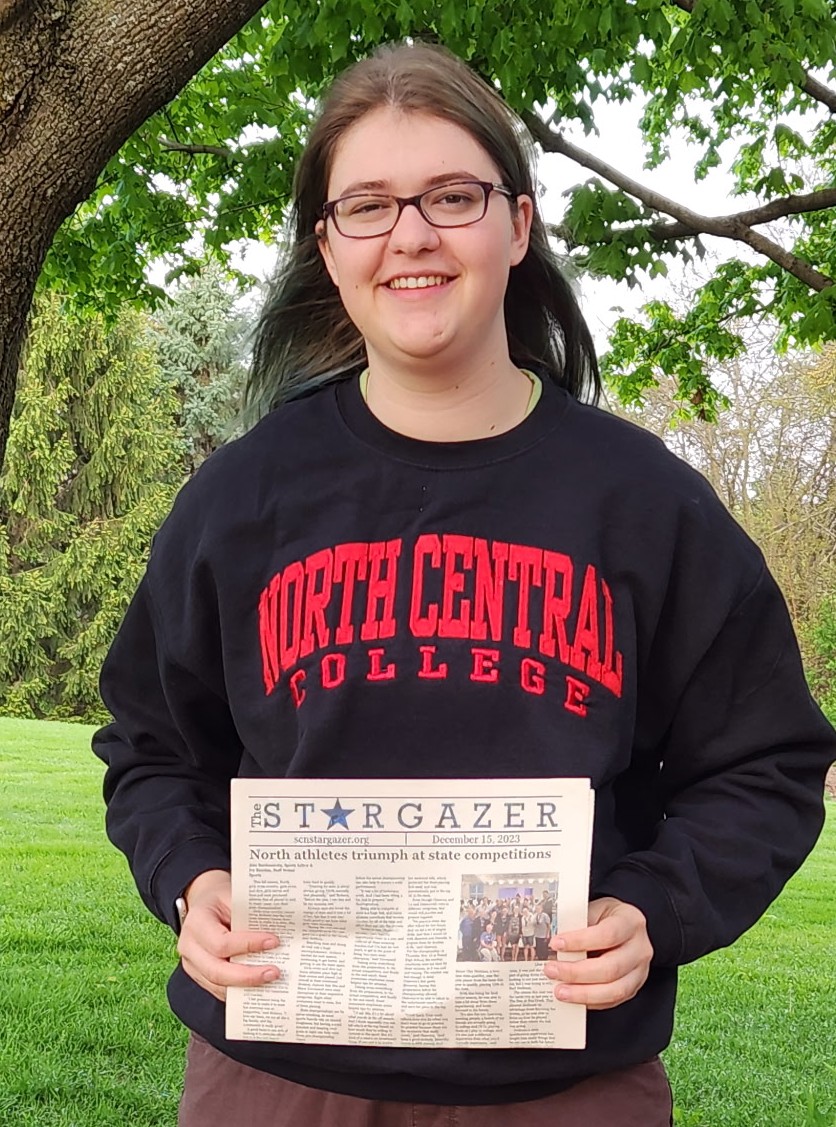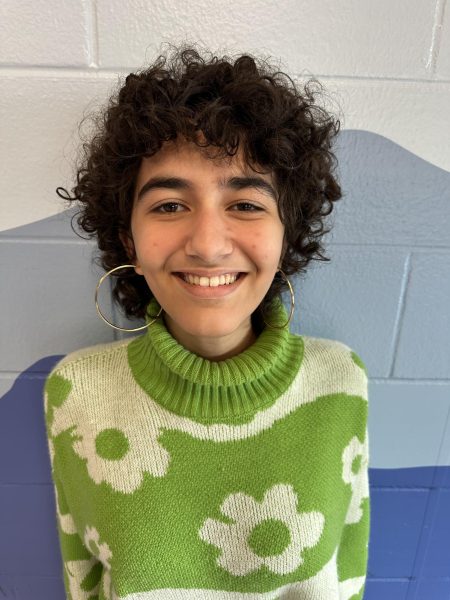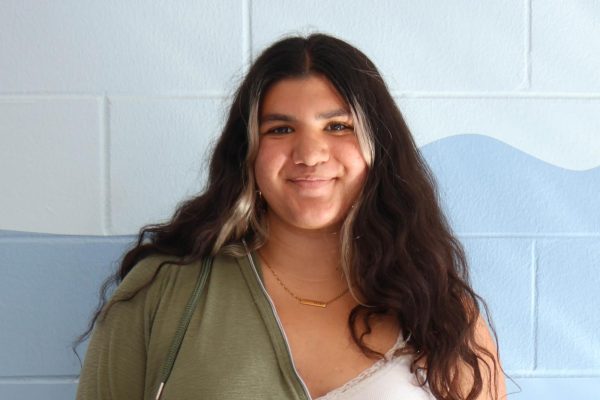Homecoming is a longstanding high school tradition meant to bring students together to have fun. Students dance, play games and, most importantly, spend time together at a school-organized event.
Like Prom, Homecoming encourages dramatic proposals to a crush or partner. Although they can be sweet, public Homecoming proposals can be humiliating, performative, and perpetuate empty ideals of romance.
Having a major proposal, especially in public and without warning, can be embarrassing for both the proposer and the proposed. The proposer puts on an elaborate display and faces public scrutiny from everyone in the area. Then, if rejected, they must carry with them the shame of their rejection and the embarrassment of having so many people witness it.
On the other hand, the person being proposed to is pressured to accept. Be it the giant signs, fear of letting someone down, or the publicity of the exchange, the proposed may feel like they are locked into a single choice, whether they like it or not.
Homecoming proposals are centered around the “show” instead of love. Not unlike the trend of posting fake wedding proposals online, such as the story of German TikTok user Alexandrovitch who pranked his girlfriend with a fake wedding proposal and posted it on TikTok, Homecoming proposals can be alluring for attention rather than romance.
Instead of considering a more intimate setting or the interests of both parties, people jump to big acts. There are certainly people who would love a large proposal, but it’s not the right fit for everyone. A collaborative study from the University of Texas and Science of Relationships.com suggests that up to 69% of people prefer a one-on-one wedding proposal over a public proposal or one with close friends and family.
Lastly, Homecoming proposals perpetuate meaningless stereotypes of love. For one, it evokes the big confession from so many romantic plots. The relationship blossoms or one party has a crush, and the story builds to the beautiful confession where the other person magically accepts and they live happily ever after.
The grand proposal could even play into the “soulmate” trope. The plan of such a major show reinforces this idea, putting pressure on the “everlasting, perfect” love that has, for us freshmen, formed in less than 30 days of school. In reality, these relationships are still forming and deserve room to grow instead of striving for impossible expectations.
Some people do like a cute, cheesy gesture, but perhaps the reason people find these proposals to be so romantic is that many latch on to TV shows and novels to teach them how to love before figuring out what really matters to them.
Homecoming proposals could be better. I don’t think they’re evil or wrong by any means, but it doesn’t hurt to question your actions. Next time you want to make a big proposal, talk to the other party.
If you’re not close and they don’t like you, it’ll spare you the pain of a public rejection. If you are close but they are uncomfortable with being the center of attention or receiving such a big show of affection, you should give them a heads up. Whether you plan to go with friends or a partner, have fun getting ready for Homecoming!


